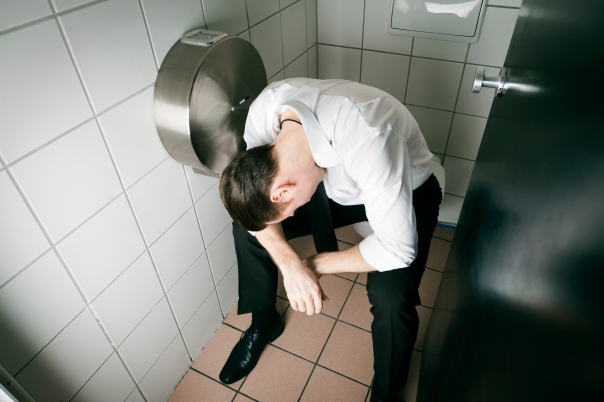
There are side effects to abusing alcohol and sometimes there are very serious negative outcomes for those who drink excessively. It has been estimated that drinking in excess causes the deaths of 88,000 Americans every year. Every one of those deaths represents a loss of an average of 30 years of life.
You can see how statistically there is a truly noble reason for trying to reduce those numbers and the deaths as well as the illnesses caused by drinking in excess. It’s even more important for those people who are unable to control their behavior when drinking too heavily.
This trend rubber-stamps excessive drinking as being among the most prolific lifestyle-related killers. It is responsible for more deaths than nearly any other type of behavior. As of 2006, alcohol abuse was responsible for over 1 million trips to the emergency room and when you add in regular trips to the doctor’s office that number climbs to around 4 million trips total to medical facilities (that is all in one single year).
There are both short-term and long-term consequences to excessive drinking. Aside from personal injuries sustained during a drinking binge, the regular over-consumption of alcohol leads to many chronic health problems and these problems continue to become more life threatening as time goes by.
An example of a short-term behavioral consequence that involves injury is getting behind the wheel and trying to drive while intoxicated. The injuries caused by drunk drivers take a huge toll on society overall. There are also a significant number of accident and firearm injuries associated with drinking.
Another potential danger for the excessive drinker is alcohol poisoning. This is a condition that impairs the central nervous system functions and cause them not to function properly. It causes unconsciousness, respiratory distress, coma, and in a worst case scenario – death.
When drinking excessively is added into the mix the number of family violence incidents goes up. Aside from the crimes committed against domestic partners there are also consequences for the children who bear the brunt of the abuse dished out by a drunken family member.
Anyone who sees these behaviors in themselves needs to seek treatment immediately, before things get totally out of hand and it’s too late to remedy the situation.

 Millions of people in the country have at least one type of mental health issue. However, many of the cases are not reported since they do not prevent the affected persons from performing their day to day activities. Mental health issues can be as simple as the fear of height (a phobia) or as serious as panic attacks and personality disorders. Read on to learn about the most common types of mental health issues.
Millions of people in the country have at least one type of mental health issue. However, many of the cases are not reported since they do not prevent the affected persons from performing their day to day activities. Mental health issues can be as simple as the fear of height (a phobia) or as serious as panic attacks and personality disorders. Read on to learn about the most common types of mental health issues.







